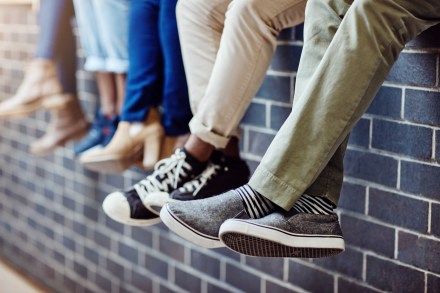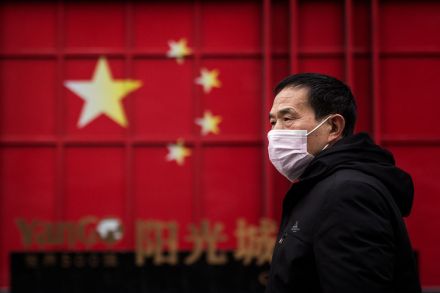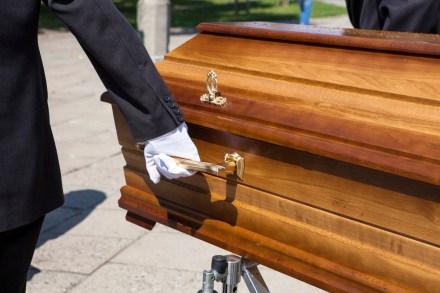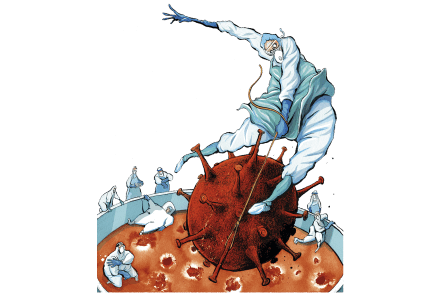These kids just got screwed by lockdown – and no one bothered to tell them
Here are some numbers that too many people who work in and around politics don’t know. In any given year, around 700,000 young people turn 18 and leave school. A little under half of them go on to higher education (HE). The other half, around 360,000, do something else. Roughly half of these non-HE school leavers would normally get a job. Another 60,000 or so would become apprentices. And quite a lot – more than 100,000 – would go down in the stats as ‘not sustained’ or ‘activity not captured’ meaning that whatever they did, it didn’t last, or that they have dropped out of the view of educational statisticians.





















